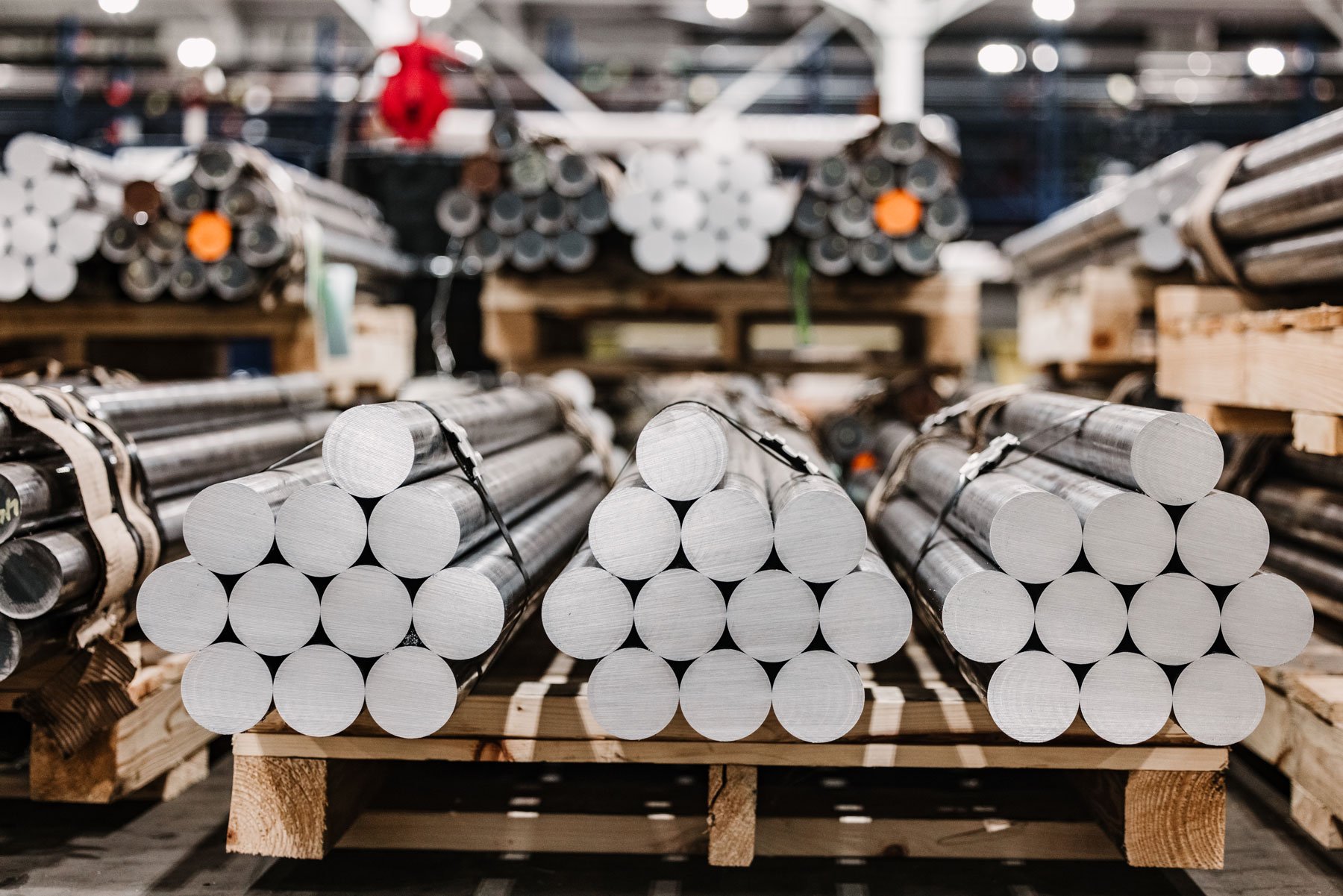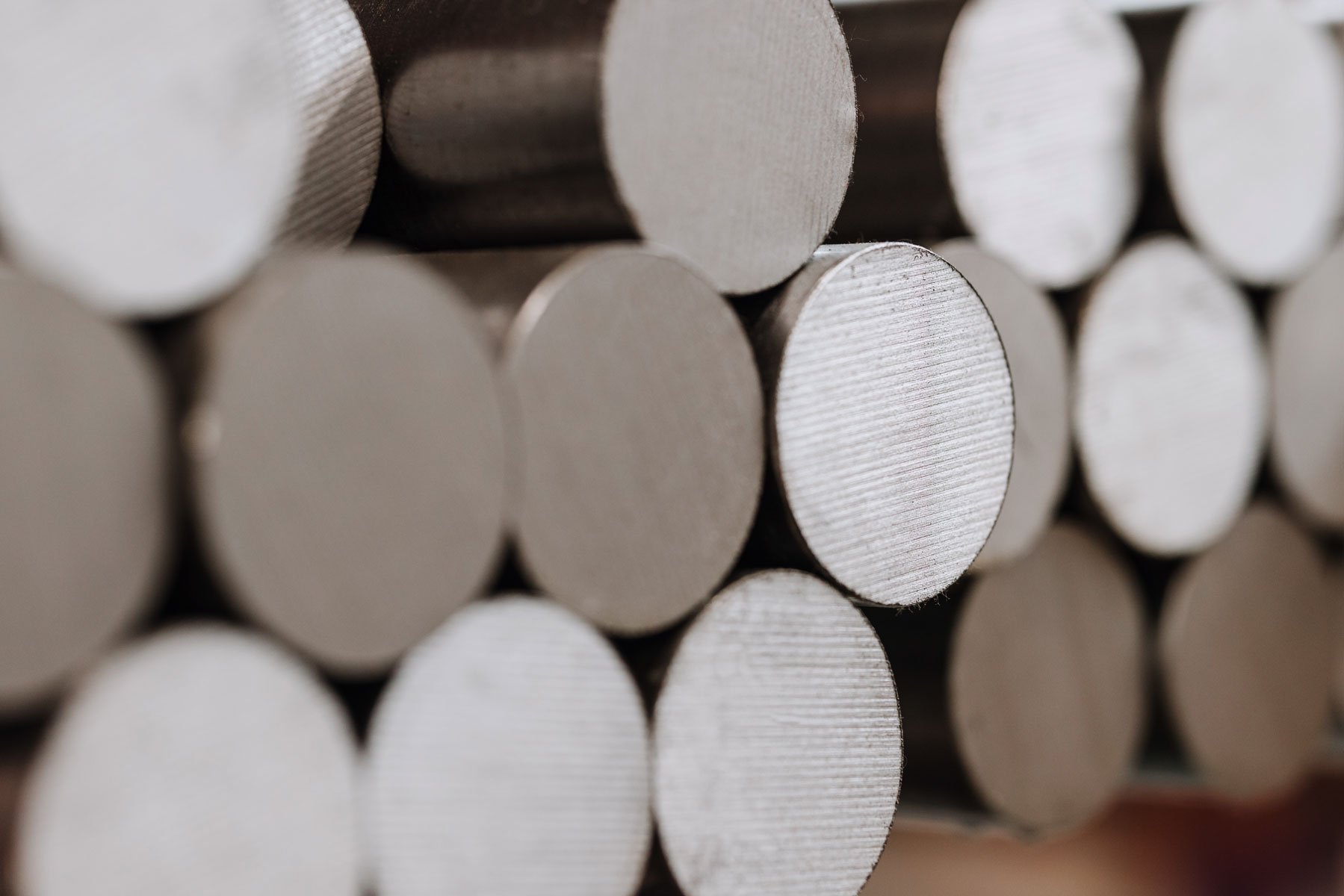Quality Steel Suppliers: Steel Bar, Wire Rod, and Finishing Services
For over 55 years, Jade Sterling Steel has been one of the nation’s premier distributors of steel bar and wire rod.
Our 40,000+ ton inventory features a broad selection of grades, sizes, and finishing options, giving our customers the flexibility to select the best material for their needs.
Whether you need a just-in-time delivery or a long-term supply chain partner, our team is here to help.
Why Jade Sterling Stands Out Among Steel Distributors
Jade Sterling Steel has decades of experience, extensive knowledge and long-standing relationships with a variety of suppliers and processors, giving us access to exclusive pricing and preferred delivery timetables.
400,000+ square feet of warehouse space supporting an extensive inventory.
Two major warehouses in Northeast Ohio and numerous satellite warehouses strategically placed across the country to ensure timely delivery.
An in-house chief metallurgist and quality manager with over 50 combined years of mill experience
A knowledgeable, service-oriented sales team focused on helping customers find the right product for their budget and engineering requirements.
Learn more about Jade Sterling Steel by watching our videoSteel Bar
Hot Roll
Cold Finish
Cold Drawn
Stainless Steel
Turned & Polished
Special Bar Quality (SBQ)
Merchant Bar Quality (MBQ)
Wire Rod
Wire Rod
Bright Basic Wire
Stainless Steel
Merchant, Industrial, and Cold Heading Quality
Value Added Processes
Cold Finishing
Polishing and Grinding
Saw Cutting and Machining
Annealing and Thermal Treatment
…and more

Request a Quote from Jade Sterling Steel
Our sales team has decades of combined experience in the steel industry. Request a quote, and we will reach out with pricing information.
Questions about our stock and finishing options? Our team can help find the right steel for your application. We encourage you to reach out to our team using the button below.
Our extensive warehousing space and coast-to-coast supply chain give us the ability to dramatically simplify inventory management for our customers. We ensure a consistent supply of timely steel according to your specifications, allowing you to focus on what you do best.
SERVICES
Inventory Management
SERVICES
Just-In-Time Delivery (JIT)
Our nationwide logistics can provide just-in-time delivery that allows our customers to maintain leaner stocks, reduce material costs, and keep purchasing closely aligned with current production needs.
We can work with you to find a financing arrangement that makes sense for your business.
SERVICES
Creative Credit Terms
Our experienced QA staff and metallurgist are experts in steel inspections, ASTM specifications, AMS/MILS “AQ,” and in-house lab testing, ensuring that our customers get the quality steel they require. Jade Sterling is ISO 9001 registered.
Industries Served
-

Fasteners & Bolts
-

Construction
-

Oil, Gas & Energy
-

Automotive & Heavy Truck
-

Military & Defense
SUPPLY CHAIN EXPERTS
Our family of companies delivers start to finish raw material steel to fully finished machined parts.
What Our Loyal Customers Are Saying
”Jade has been great to work with - my rep is always checking in, making sure I have everything I need on time, and working with me to get the lowest price while keeping great quality steel.“
– Senior Buyer, Tier 1 Automotive Manufacturer
”I have dealt with Jade for more than 15 years. My rep is my first call when I have a difficult need and he has not failed me yet. I put a very high value on trust and integrity. It's obvious to me that Jade has the same values.“
– President, Firearms Manufacturer
”I have been so impressed with Jade-Sterling that we have continued to grow my business in a short time thanks to our partnership. They are now the primary supplier for several critical items with plans to expand our business relationship. I have one of the best customer service providers in the industry, and the entire team is organized, professional, and competent.“
– Purchasing, Steel Forging Manufacturer












